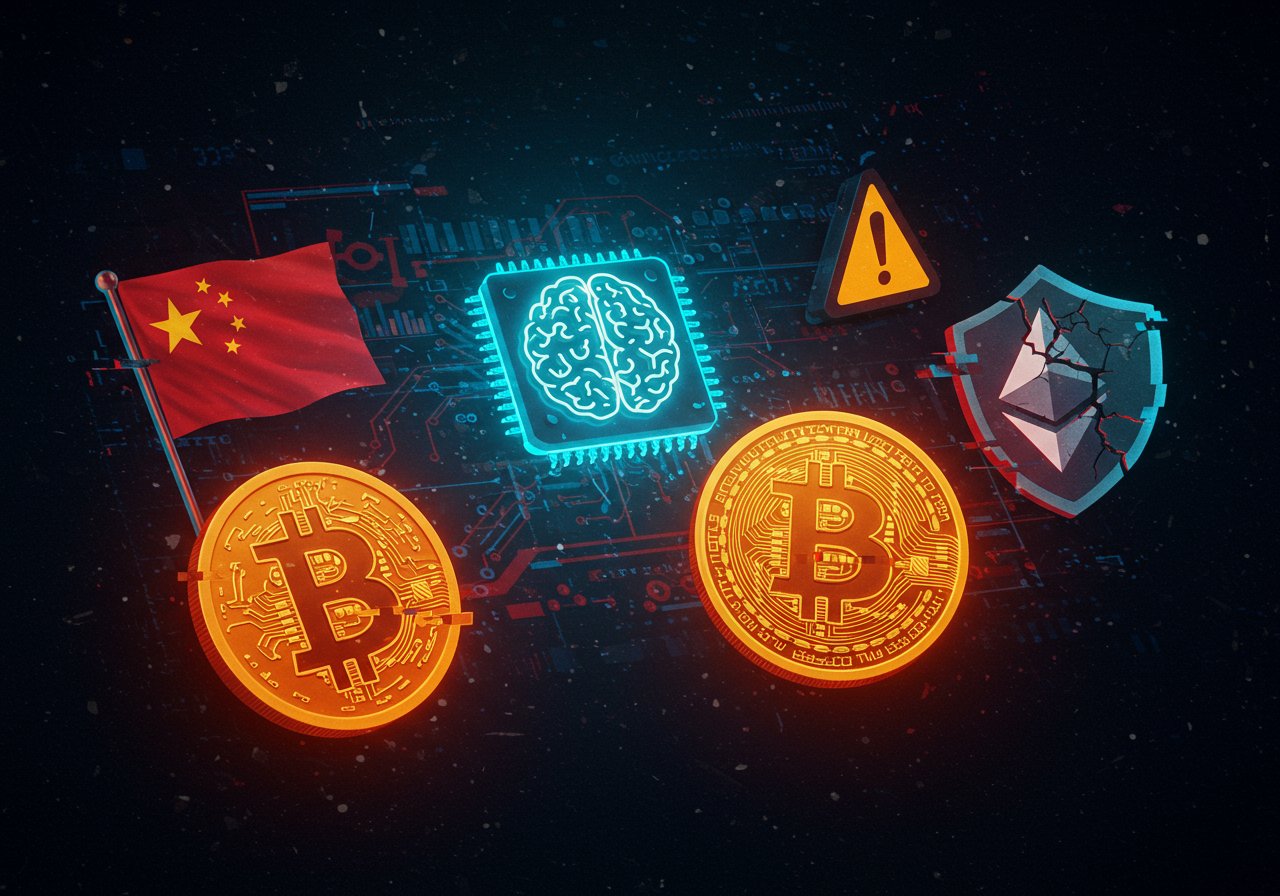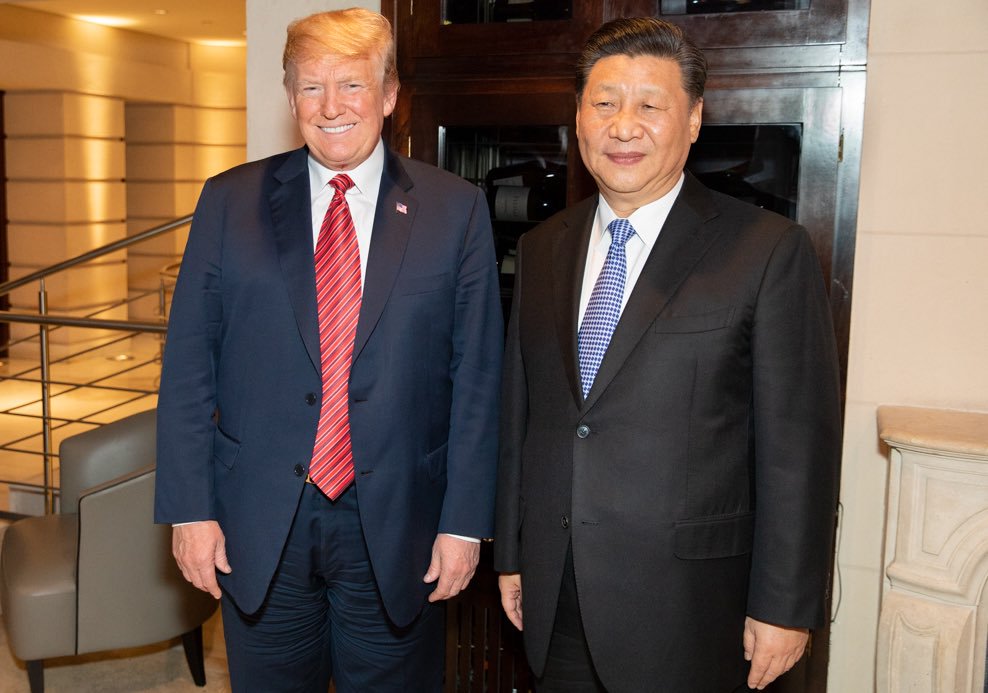
Huawei‘s Ascend 910D: A Challenger to Nvidia‘s Dominance?
In a move that underscores China‘s growing ambition in the artificial intelligence (AI) sector, tech giant Huawei is reportedly testing a powerful new AI chip, the Ascend 910D, designed to rival Nvidia‘s high-end processors. The development comes as the US continues to impose restrictions on chip exports to China, pushing the country to explore domestic solutions.
The Wall Street Journal reported on April 27th that Huawei is poised to start testing the Ascend 910D, with a first batch of sample chips expected to be sent to local tech firms by late May. While the development is still in its early stages, Huawei is hopeful that the Ascend 910D will surpass the capabilities of Nvidia‘s H100 chip, which was a dominant force in AI training in 2022. This ambition is further fueled by Huawei‘s plans to ship over 800,000 units of its earlier Ascend 910B and 910C chips to customers, including state-owned telecom operators and private AI developers like ByteDance, the parent company of TikTok.
China‘s Push for AI Self-Reliance
China has made it clear that it is striving for greater self-reliance in the AI sector, particularly in light of US trade restrictions. Beijing is reportedly encouraging Chinese AI developers to prioritize purchasing domestic chips. The US government has imposed significant export restrictions on Nvidia‘s AI chips, leading to a $5.5 billion inventory charge for the company. In mid-April, the US added Nvidia‘s most powerful processor, the H20, to its list of semiconductors banned for sale to China. These restrictions also affect key components for AI chips, including high-bandwidth memory units.
Huawei is approaching this challenge by focusing on building more efficient and faster systems. Its CloudMatrix 384, unveiled in April, is a computing system that leverages arrays of Ascend 910C chips. This strategy employs a ‘brute force’ approach, relying on vast chip arrays rather than individual processors with greater power. This signifies a different path compared to Nvidia‘s focus on developing increasingly powerful individual chips.
Xi Jinping’s Call for AI Leadership
China‘s leadership has emphasized the importance of AI development and self-reliance. In April, President Xi Jinping, in a Politburo meeting, called for “self-reliance and self-strengthening” in the development of AI. He emphasized the need for “comprehensive advancement of technological innovation, industrial development, and AI-empowered applications.” Xi also stressed the importance of developing an “independent, controllable, and collaborative artificial intelligence basic software and hardware system.”

The development of Huawei‘s Ascend 910D and China‘s overall push for AI self-reliance have significant implications for the global tech landscape. This could potentially lead to increased competition in the AI chip market, potentially forcing Nvidia to innovate further to maintain its dominance. It also raises questions about the long-term impact of US trade restrictions on the global tech ecosystem.


